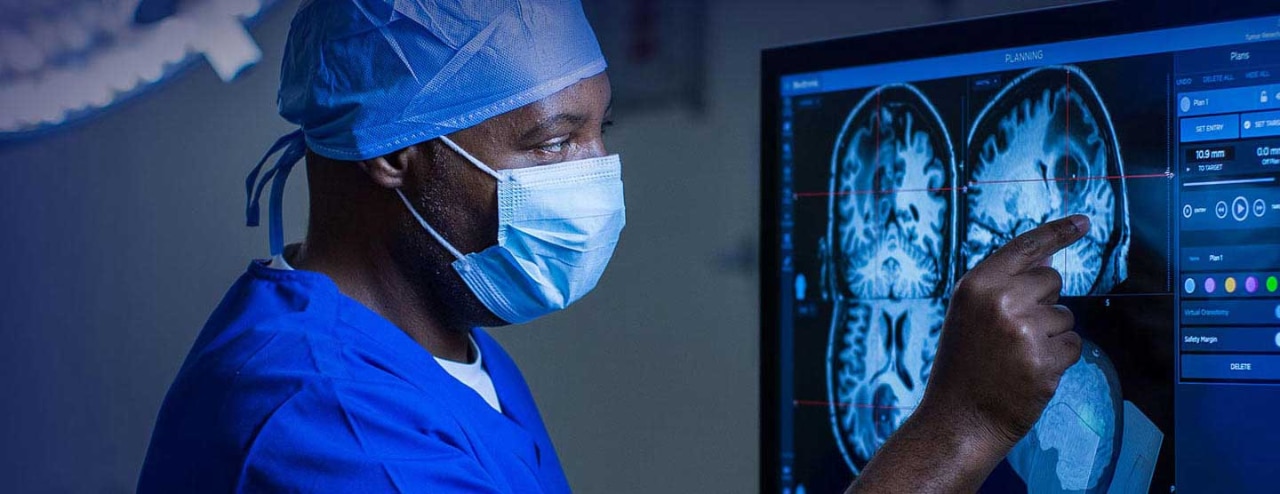
Digital technology is driving rapid, fundamental changes to almost every aspect of daily life — including the delivery of healthcare. Today, patients expect healthcare to be convenient, accessible, and delivered seamlessly, much in the same way they might order an item from Amazon.
Explore topics:
-
 Robotic-assisted surgery
Robotic-assisted surgery -
 Healthcare technology
Healthcare technologyThe healing power of electricity
-
 Artificial intelligence
Artificial intelligencePowering the future of personalised healthcare
-
 Healthcare technology
Healthcare technologyConnected healthcare, anywhere
-
 Healthcare technology
Healthcare technologyImproving people’s lives with groundbreaking tech
-
 Artificial intelligence
Artificial intelligenceThe Medtronic AI Compass


